Toggle Background Color
VIDEO: Himatsubushi-hen | TIP 3: Gears and Fire and the Taste of Honey
 BGM: Days of children #3 | Days of children #3 (Radiata Alice Version)
BGM: Days of children #3 | Days of children #3 (Radiata Alice Version)
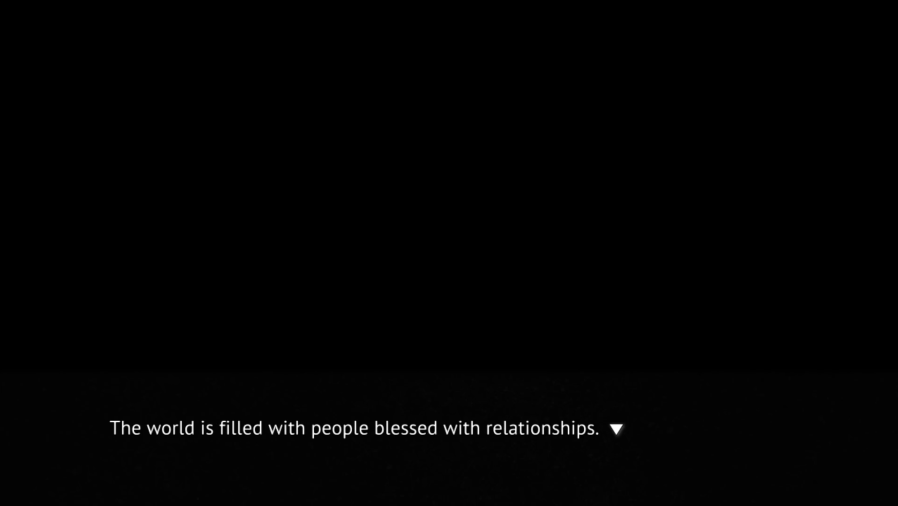
Of course, that doesn't mean that everyone is connected to each other.
It's obvious that on the other side of the planet, there are people laughing and crying who can't possibly have an effect on you.
However, in the extremely limited community of the neighbourhood, that sort of connection is just a matter of fact.
It's quite possible that a single remarkable event could have massive consequences inside a small community.
If you were to increase that in scale... a perfect stranger on the other side of the globe might become enough of a legend to have an effect on our lives.

Like I said at the beginning, the links between people basically aren't that relevant in the grand scheme of things.
Whether some household nearby is having steak or croquettes doesn't matter to me.
When I put on my shoes, it doesn't matter to anybody whether I put the right one on first or the left.
...This much the average person can understand.
But actually, in reality, this is the truth. The bonds between people are quite well defined.
It's not just a matter of distance, of being far or near.
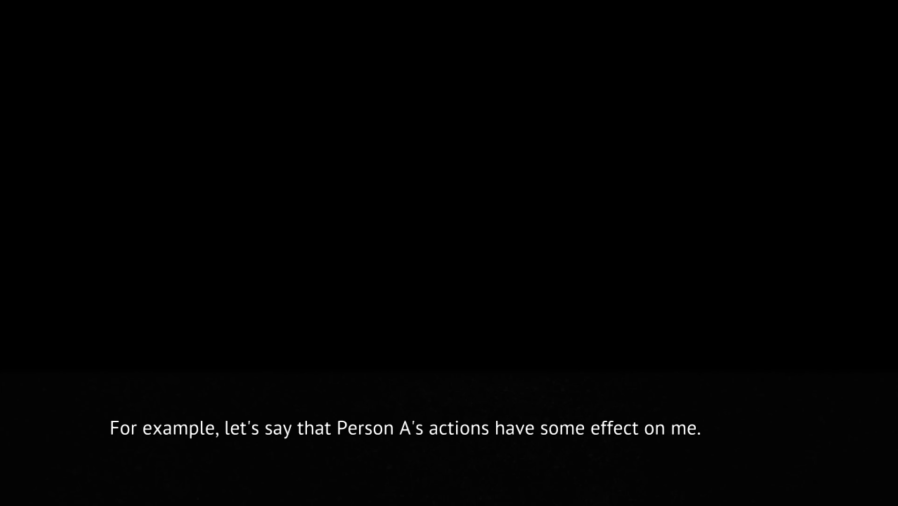
Even then, Person B's actions could have absolutely no consequence on my life.
The reverse also holds true. Just because my actions affect Person A, that doesn't always mean that they affect Person B as well.
Let's put it bluntly.
If the bonds between people are like gears in a machine...
The gear that represents me meshes with some people, but is isolated from others.
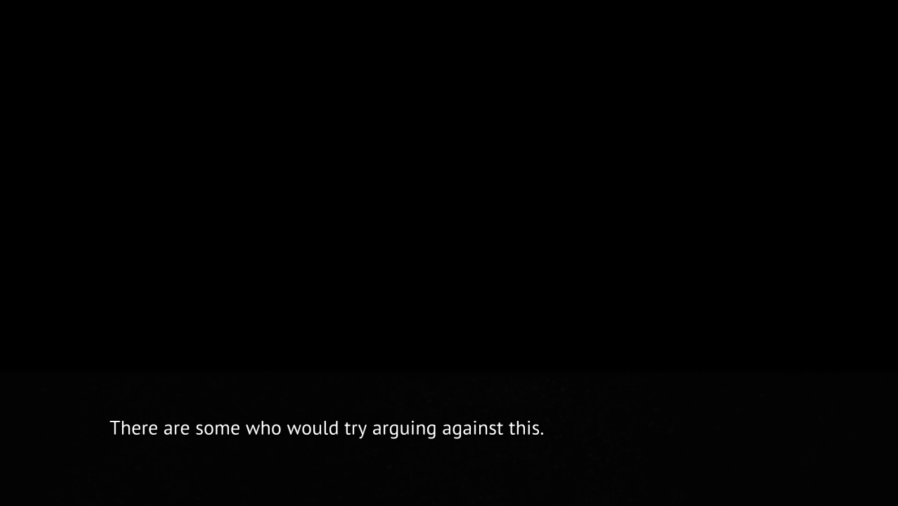
Those people would bring up the example of gears in a clock.
Each gear indeed only directly meshes with one or two others...
However, if you rotate one gear, the one next to it is moved, which connects to the next one, and the next... in the end, all the gears are moving.
...There is a logic behind this, more than enough to convince the average person.
Why is the argument convincing?
...The answer is simple.
The relationships between people are ambiguous, and can only be described conceptually.
How the gears are connected and how their movements are chained together can't be used as a fundamental explanation, so it throws a wet blanket on that argument.
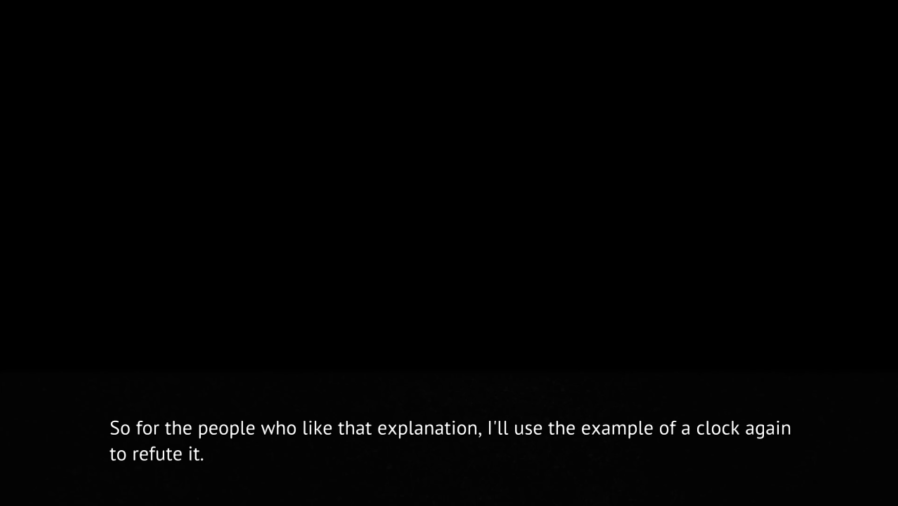
First of all, to say that this world is a singular clock would be wrong.
That is, there isn't only one clock.
There exist many clocks in this world, each counting their own time.
If you think about it, the idea that this world is just one big clock is the height of arrogance.
Even if you use the analogy of gears to explain human relationships, then you should be able to explain it using an analogy of multiple clocks unrelated to a single gear.
Neighbors A and B.
A is a gear in the same clock as me, so it's best to remain civil.
B is a gear in a different clock, so he doesn't really matter to me at all.
That's the kind of clear distinction I'm talking about.
You want to say I'm being fallacious?
Then let's change the analogy to something more familiar, so you can understand.
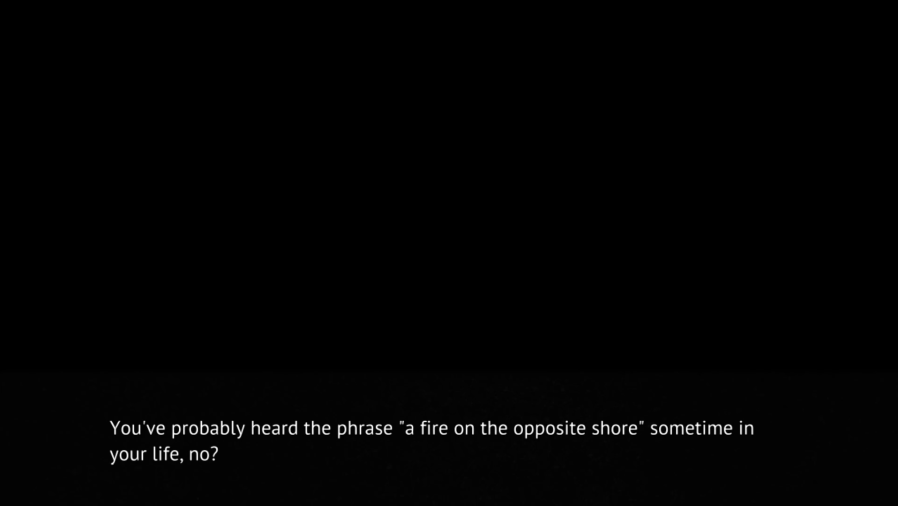
For example, if your neighbor's house was on fire, you'd probably try and help to put it out, wouldn't you? It'd be awful if the fire spread and burned down your own house, after all.
But what if that fire was in a town on the opposite side of a river?
Would you still go out of your way to help? You wouldn't, would you? Even though it would be the wrong thing to do, there's no way the fire could spread to your own house.
Even if it turned into a huge conflagration, there's no relation between the houses that will spread fire to yours and those that won't.
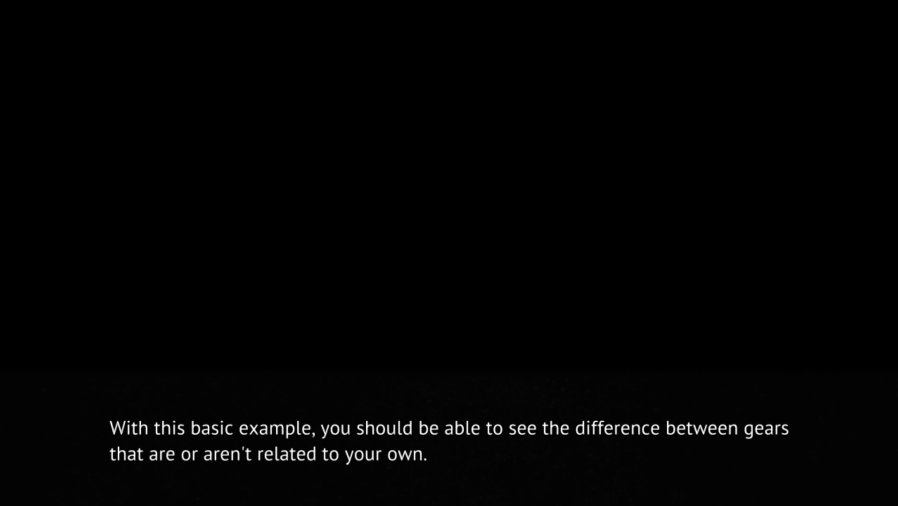
...Having said that, there's still a lot to think about, even without a river to divide it.
After all, it's not a spatial problem like being on the other side of the river, is it?
 BGM: Days of children #3 | Days of children #3 (Radiata Alice Version)
BGM: Days of children #3 | Days of children #3 (Radiata Alice Version)






